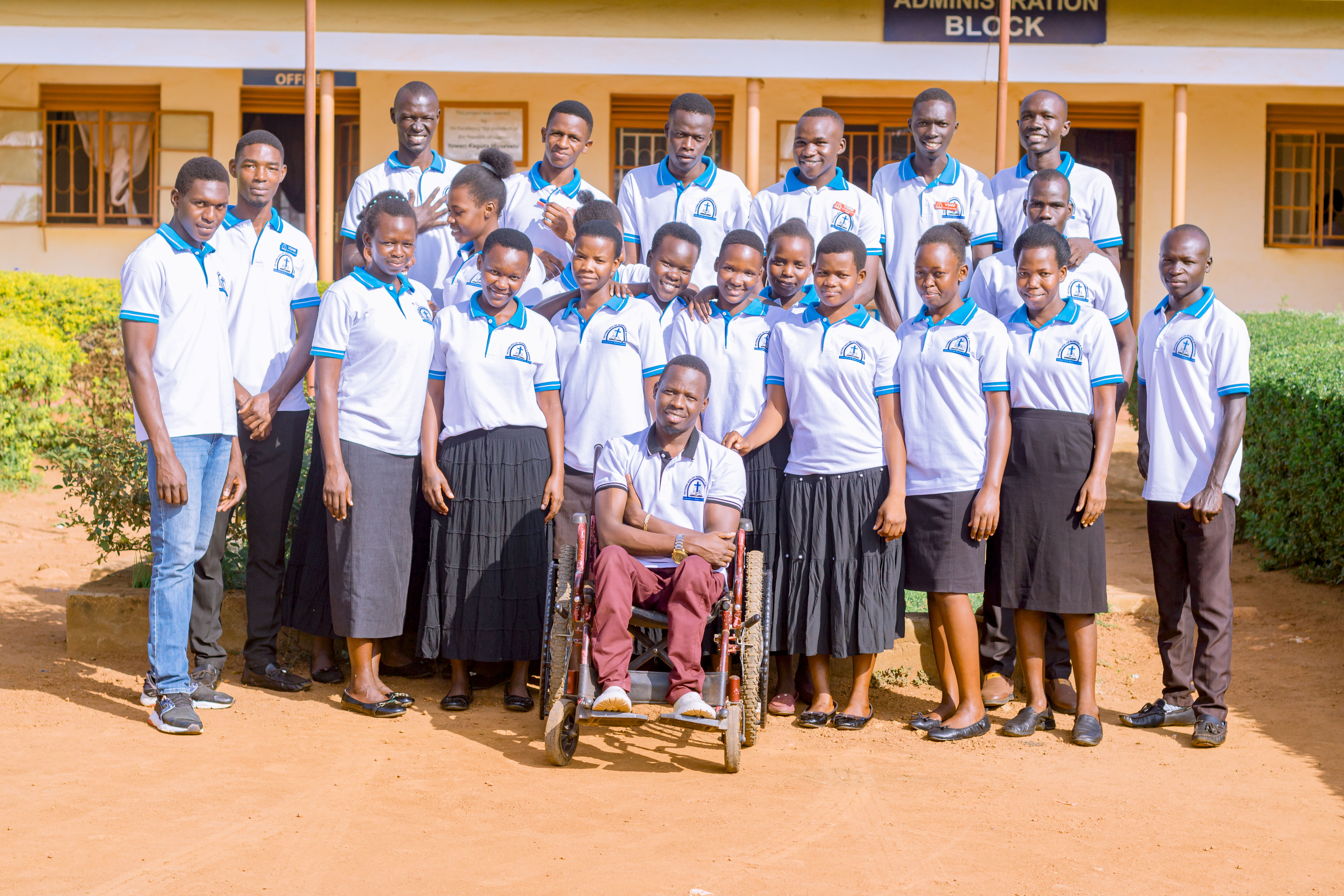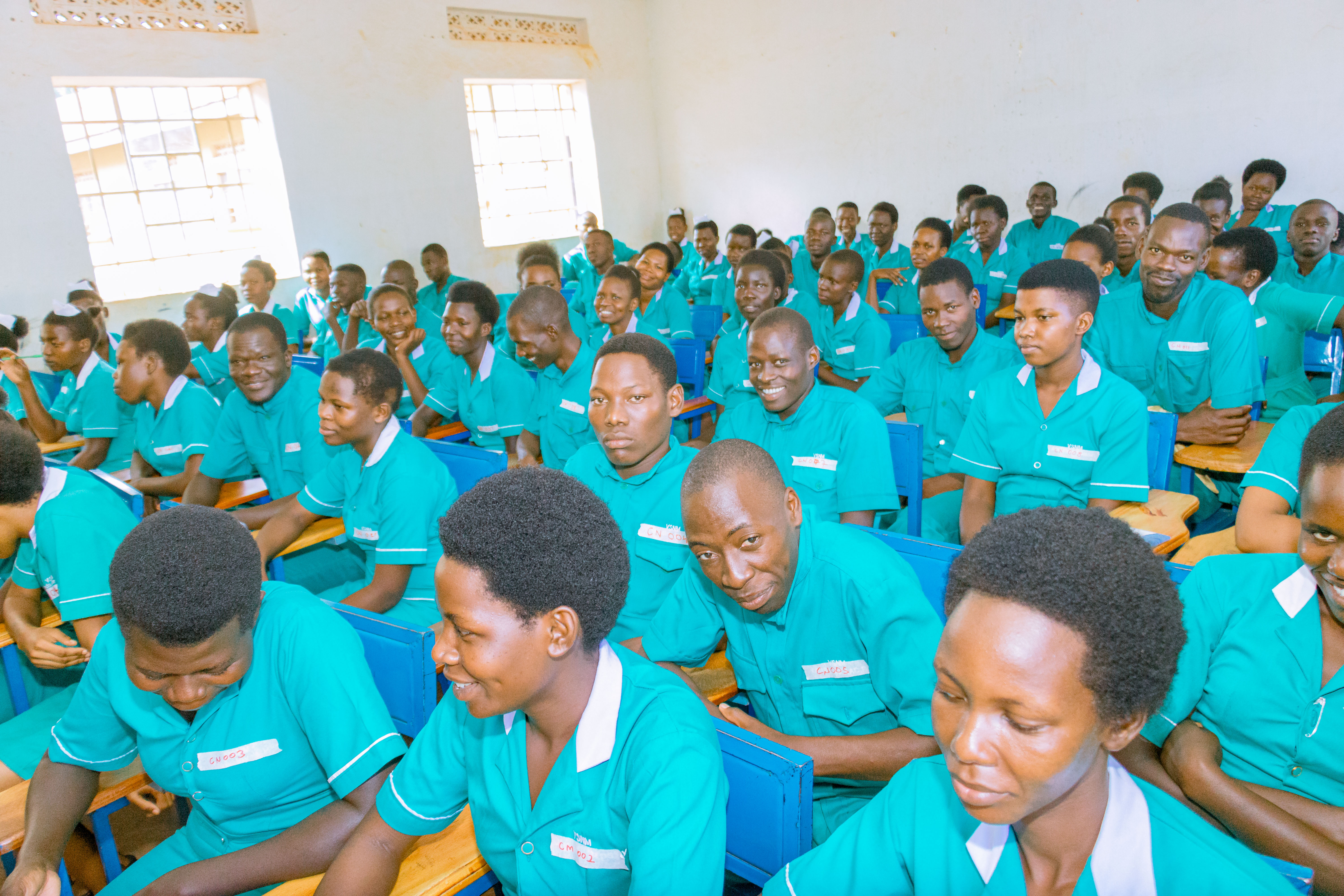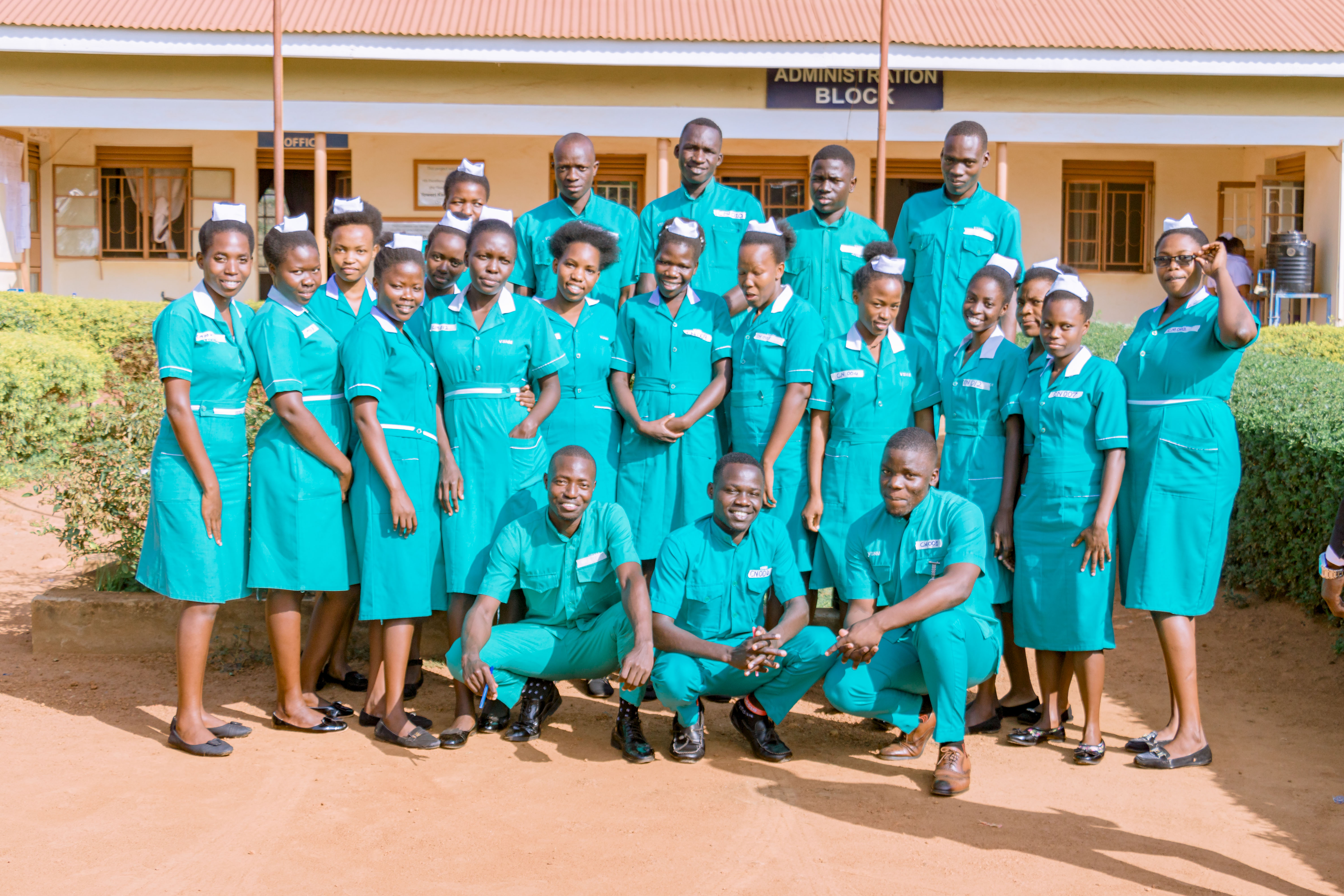![]() The official trusted Lango website for the best information
The official trusted Lango website for the best information
![]() The official trusted Lango website for the best information
The official trusted Lango website for the best information

Schools in
Lango Region
The education system in Lango Sub-Region, rooted in early 20th-century missionary schools, has grown to encompass over 500 primary and secondary schools, alongside Lira University. From humble beginnings with schools like Boroboro Primary (est. 1911), Lango’s education now serves ~200,000 pupils, fostering literacy (~70%) and cultural pride. Despite challenges like overcrowding and teacher shortages, Lango’s commitment to equitable education drives progress.
We aim to promote equitable access to quality education across Lango, from primary schools to universities, fostering academic excellence and preserving cultural values through learning.
"Our mission is to empower Lango’s youth with knowledge and skills, bridging historical roots with modern opportunities to build a prosperous future for the region."


Origins: Christian missionaries, particularly Anglicans and Catholics, established the first formal schools in Lango, such as Boroboro Primary School (est. 1911), teaching basic literacy and religion.
Impact: These schools introduced English education, targeting a small elite, while traditional Lango education focused on oral histories and vocational skills.
Expansion: Post-1962 independence, Lango saw growth in secondary schools like Lira Town College, driven by national policies to expand education.
Challenges: Limited infrastructure and trained teachers hindered quality, with Lango’s rural areas lagging behind urban centers like Lira.
Introduction: The UPE program provided free primary education, doubling enrollment in Lango schools like Amatiburu and Onyut to over 5,000 pupils per district.
[](https://www.k12academics.com/Education%2520Worldwide/education-uganda)Issues: Overcrowded classrooms (up to 150 pupils) and insufficient teachers strained quality, with Lango facing high dropout rates.
[](https://www.monitor.co.ug/uganda/news/national/lango-grapples-with-broken-education-system-report-1850058)Rollout: USE increased secondary enrollment in Lango by 25%, with schools like Dr. Obote College benefiting from free tuition.
[](https://www.scholaro.com/db/News/the-ugandan-education-system-243)Limitations: Only 10% of Lango’s secondary-age youth attended school, with girls facing barriers like early marriage.
[](https://wenr.wes.org/2020/10/education-in-uganda)Higher Education: Lira University, initially a Gulu University campus, became a public university, offering programs in health, education, and agriculture.
[](https://www.ugandatravelguide.com/1896-2.html)Growth: Enrollment grew from 100 students in 2012 to over 1,000 by 2020, boosting Lango’s tertiary education access.
Issues Identified: A Community Score Card revealed teacher absenteeism, inadequate facilities, and low PLE grades in schools like Adyang Annex.
[](https://www.monitor.co.ug/uganda/news/national/lango-grapples-with-broken-education-system-report-1850058)Interventions: Plans to improve infrastructure, teacher training, and parental involvement aim to enhance Lango’s education quality.